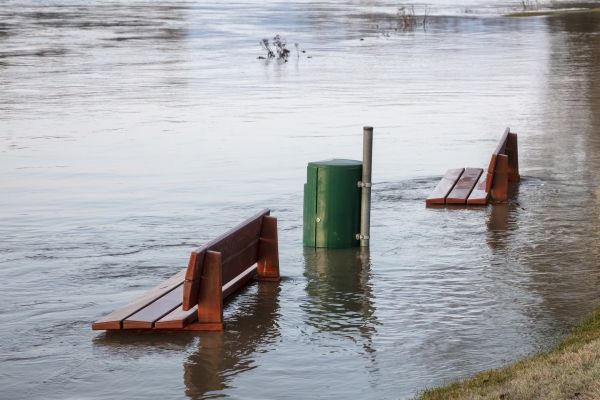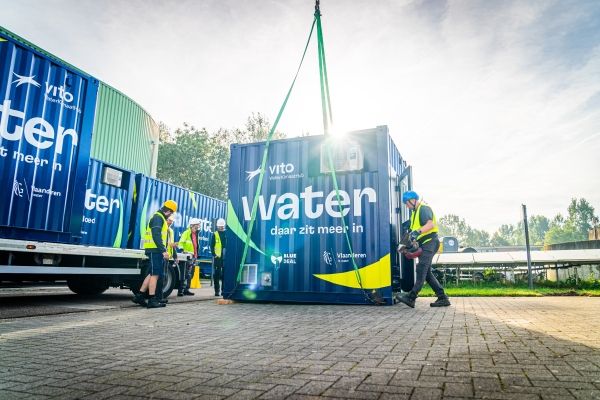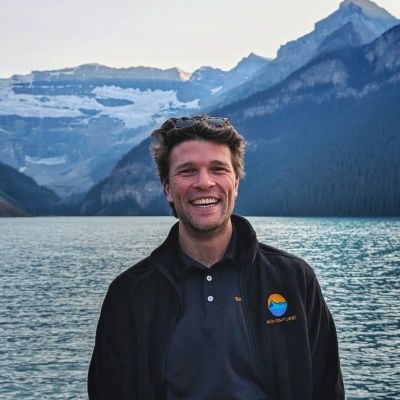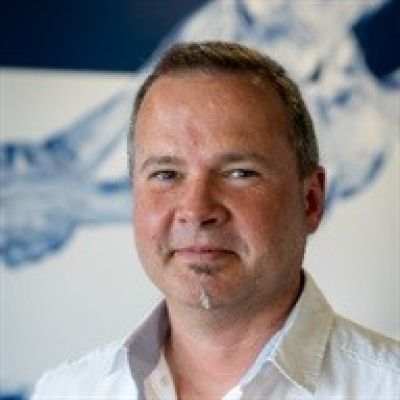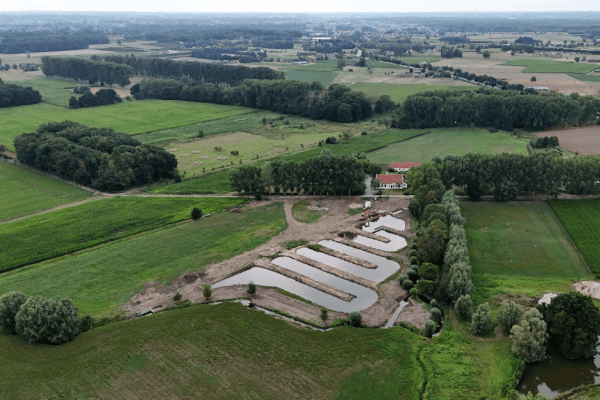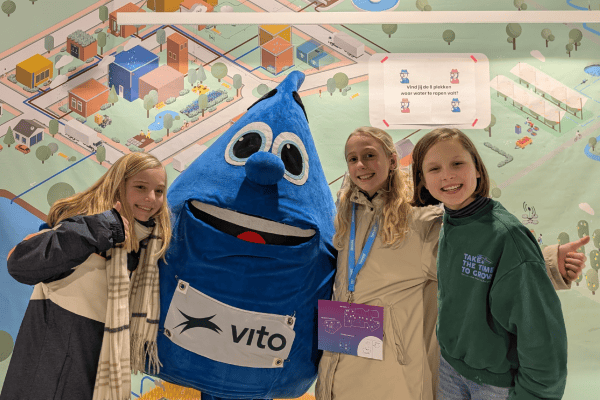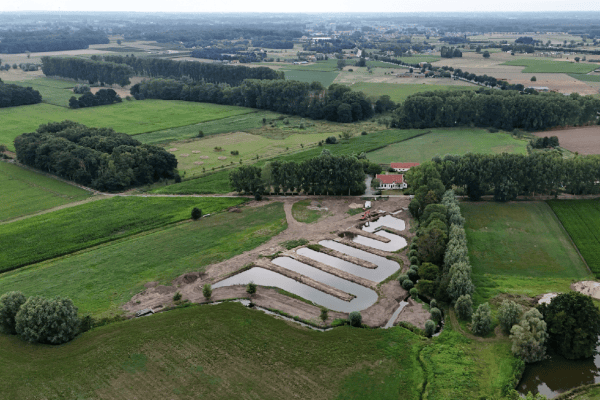
Get more profit out of water
Too much or too little? Water has a boundless impact on all of us.
Water scarcity is one of the major challenges that VITO tackles to contribute to a sustainable economy and society. In short, a sustainable world. We strive for targeted solutions. We guide companies and governments towards informed water solutions, and also see the opportunities on a larger scale for cities, industry and agriculture. Because together, we get more profit out of water.
Why water?
Our society faces increasingly extreme climatic conditions, such as periods of pronounced water flooding and scarcity. Moreover, producing and processing food requires a lot of water and the fast fashion industry also has a huge impact on our water consumption. So a lot of challenges in all walks of life. We need to do more with less water. VITO helps governments and companies to make the transition to resilient water management.
Water research in Ostend and Mol
VITO activities in Ostend and Mol focus mainly on circular water technologies, digital solutions, and the economic value of water.
1. Circular water technologies

Here, the focus is on water treatment technologies and water in the industrial process. Where these meet, we address challenges around substances of concern and resource reuse. We underpin our actions with sustainability and techno-economic analyses.
2. Digital water solutions
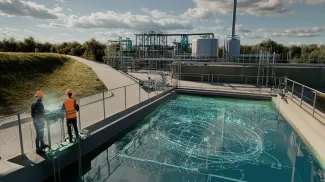
Those digital water solutions encompass the full value chain of sensors, data analytics and predictive models. Companies and governments then use that data and tools to make thoughtful decisions for smart water management.
3. Economic value of water

We are developing a toolkit to express the costs and benefits of ecosystem services in euros. What is the value of water for our nature, health and society? We design regional water networks and evaluate future scenarios and new business models.
Water research applied in practice
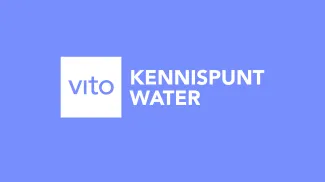
Water advice for entrepreneurs
In addition to research and development of water solutions, VITO offers independent water advice to companies via VITO Kennispunt Water. An accessible team of water experts who think along with entrepreneurs about integrated and innovative water solutions. We are ready and packed with practical experience.
Want to get more profit out of water?
Contact our business developers Johan and Louis.
- Seasoned water experts
- Know the water portfolio like the back of their hand
- Refer you quickly to the right person



